
The email alerts service allows anyone who registers their email address to be notified via email when new content goes online.
Recommend this journal to your friend or library.
Manuscripts should be submitted online through our website or as an email attachment to the editorial office at editor.jrt@nobleresearch.org
- Latest Articles
- Most Viewed
Latest Articles

The moral status of cerebral organoids
13 May 2019
Research on human cerebral organoids should be allowed, but only if such organoids are not developed enough to acquire moral st... More
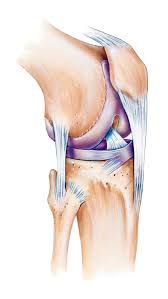
Multilineage differentiating stress enduring (Muse)-like cells exist in synovial tissue
11 Mar 2019
Muse-like cells can be isolated from the human synovial membrane, even from older patients, and therefore may provide a source ... More
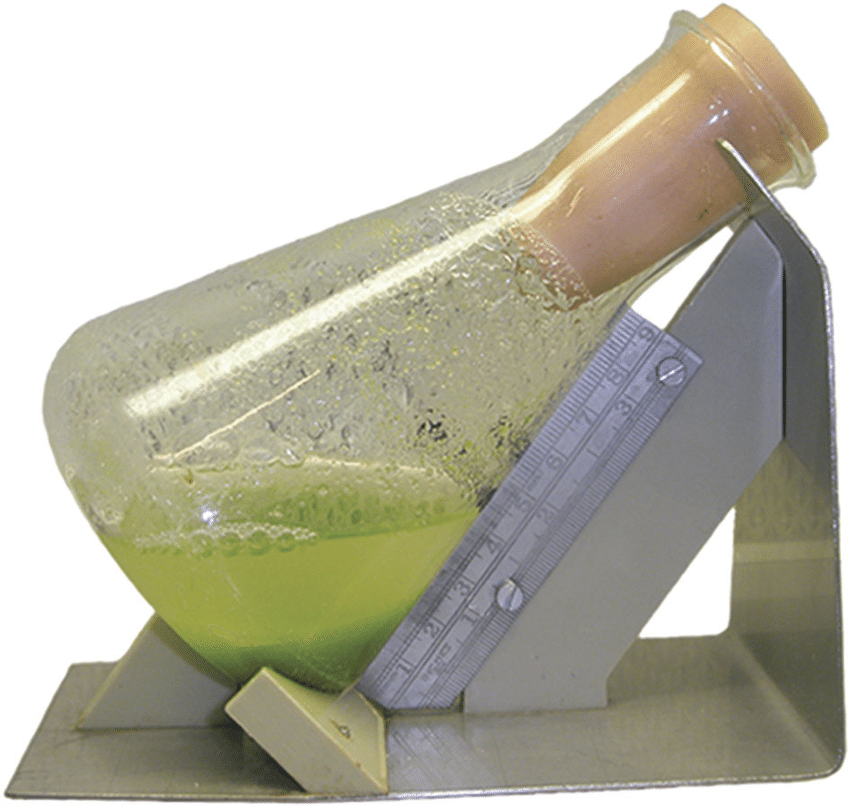
Induction of functional islet-like cells from human iPS cells by suspension culture
04 Feb 2019
Differentiated cells derived from human iPS cells grown in suspension culture mature and function like pancreatic islets in ... More

Magnetic cell delivery for the regeneration of musculoskeletal and neural tissues
06 Dec 2018
Magnetic targeting has been applied for the transplantation of bone marrow mesenchymal stem cells, blood CD133-positive cells, ... More

Aging of mesenchymal stem cells: Implication in regenerative medicine
10 Nov 2018
Current thoughts on senescence-induced damage to MSCs that should be considered prior to their use for regeneration of differen... More
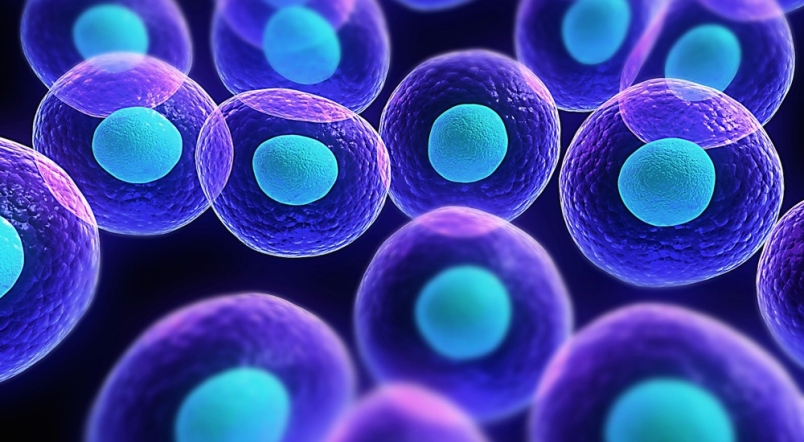
Mapping and driving the stem cell ecosystem
19 Oct 2018
Approaches for how to positively influence and drive the future of the global stem cell ecosystem. ... More
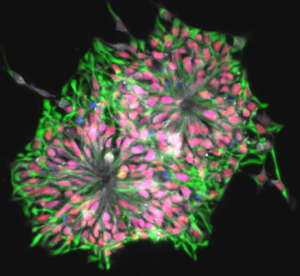
The Role of microRNAs in Embryonic and Induced Pluripotency
08 Sep 2018
Information regarding similarities and differences between ES and iPS cells, and focus on the non-integrating methods of iPS ge... More
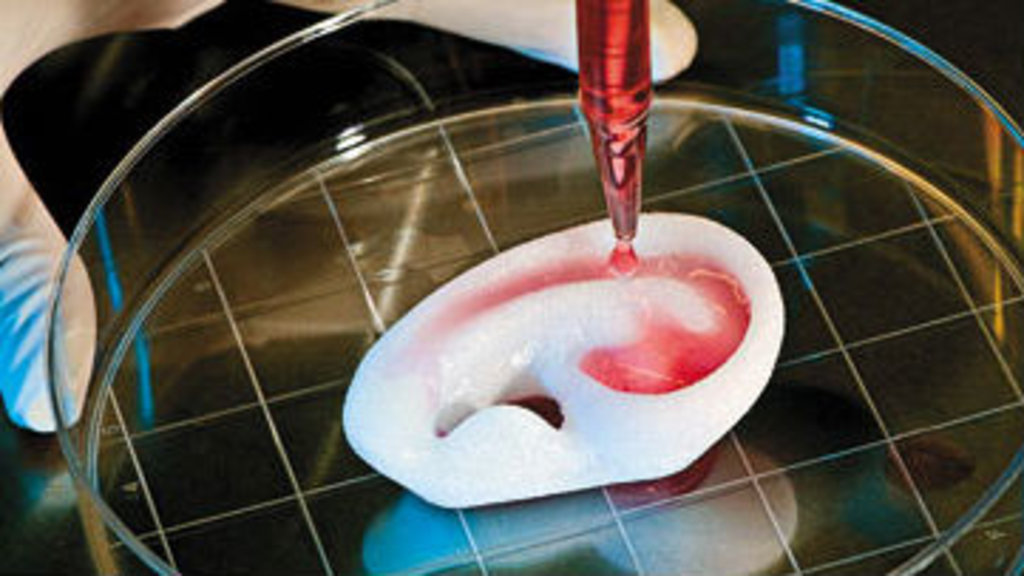
Regenerative medicine in lower limb reconstruction
12 Jul 2018
Current applications of bone tissue engineering techniques in limb reconstruction and identify potential strategies for future ... More
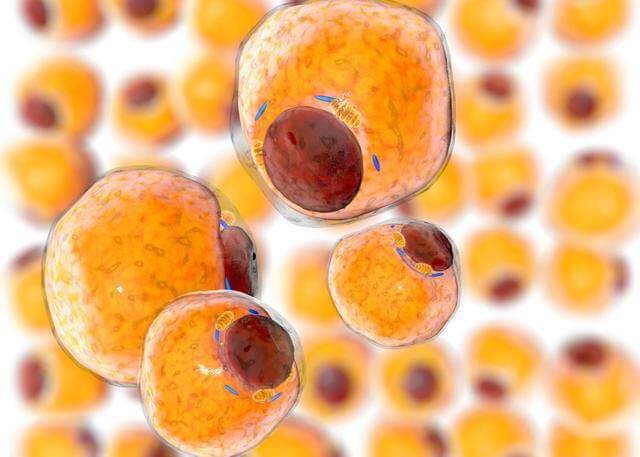
Physioxia: A more effective approach for culturing human adipose-derived stem cells for cell tran
05 Jun 2018
Physioxia is a more effective environment in which to culture ASCs for transplantation owing to the maintenance of native bioac... More
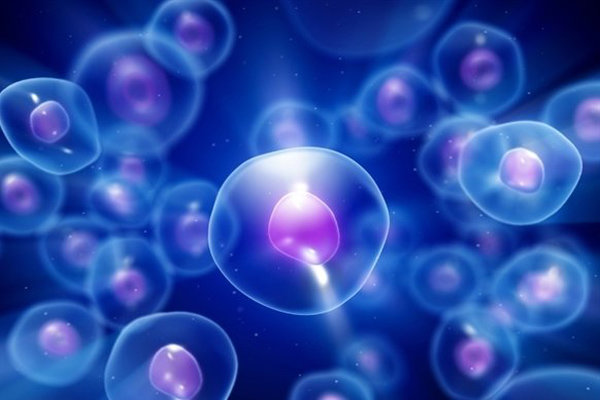
A report of the 16th Congress of the Japanese Society for Regenerative Medicine
07 May 2018
The objectives of the congress were to provide a place to promote and develop research in regenerative medicine. ... More
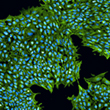
Human pluripotent stem cell-based PluriXcel technology platforms provide stem cell treatment: Dev
03 Oct 2016
PluriXcel technology platforms introduce stem cell treatment development and manufacturing innovations to achieve clinically-us... More
Most Viewed

Human pluripotent stem cell-based PluriXcel technology platforms provide stem cell treatment: Development and manufacturing innovations for progressing to the clinic
03 Oct 2016
To date, the existing markets lack a... More
Aims And Scope
Journal of Regenerative therapeutics (JRT) is an international refereed journal, which publishes high-quality original articles reporting new information on basic and clinical aspects of regenerative therapeuticss. The wide range of topics includes stem cell therapeutics, regenerative therapies, translational research, industrial development, regulatory issues focusing on stem cell biology, tissue engineering, and regenerative medicine. The journal encourages submission of manuscripts with relevance to (but not limited to) human embryonic stem cells, neural stem cells, murine embryonic stem cells, mesenchymal stem cells, induced pluripotent stem cells, and clinical trials.

Original research: primary research from any area of Regenerative therapeutics , or Regenerative therapeutics related/interdisciplinary area.
Case reports: reports of clinical cases that can be educational, describe a diagnostic or therapeutic dilemma, suggest an association, or present an important adverse reaction.
Editorial: to introduce and comment on major advances and developments in the field.
Methodology: present a new experimental method, test or procedure. The method described may either be completely new, or may offer a better version of an existing method. The article must describe a demonstrable advance on what is currently available. The method needs to have been well tested ideally, but not necessarily, used in a way that proves its value.
News and commentary: short, focused and opinionated articles on any subject with in the journal’s scope. These articles are usually related to a contemporary issue, such as recent research findings, and are often written by opinion of leaders invited by the editorial board. Editorial board members and section editors may write such articles to highlight hot or emerging areas of research within a given field.
Rapid communications: devoted to the publication of short papers presenting highly original and significant material.
Review: to review systematically progress and unresolved problems in the field and make suggestions for future work. Comprehensive, authoritative, descriptions of any subject within the scope of Regenerative therapeutics journal.
Short reports: brief reports of data from original research.
Letters to the Editor: to discuss and make reply to the contributions published in JRT, or to introduce and comment on a controversial issue of general interest.
All articles of JRT are posted online immediately as they are ready for publication. All articles will be assigned a DOI number (Digital Object Identifier) where they become searchable and citeable without delay.
- JRT offers scientists the opportunity to publish their research rapidly in an open access medium that is freely available online to researchers worldwide.
- Electronic submission of manuscripts.
- Immediate publication tentatively within a month/two months of Initial submission.
- Efficient and objective peer review with a streamlined electronic production workflow.
- No barriers, which helps your research reach the entire scientific community worldwide.
- Our professional staff adds further value to your paper through the copy-editing process, which minimize stylistic errors and improves readability.
- Our professional staff continuously working to improve the search engine rankings for NobleResearch group journals.
- Our linking program extends too many abstracting and indexing databases, library sites, and includes participation in CrossRefTM.
Peer-review is commonly accepted as an essential part of scientific publication. We appreciate the time that referees devote to assessing the manuscripts we send them, which helps to ensure that NobleResearch journals publish only material of the highest quality. Peer reviewers are asked to give their opinion on a number of issues pertinent to the scientific and formal aspects of a paper, and to judge the papers on grounds of originality and urgency. All relevant information will be forwarded to the author(s). There are several types of decision possible for each article.
- Accept manuscript without revision
- Accept after minor or major revision
- Submit elsewhere, if the manuscript is better suited for another journal in our group
- Reject manuscript, if the manuscript is substandard
In addition, papers may be rejected directly by the Chief Editor if judged to be out of scope or if scientifically or formally sub-standard. When asking for revisions, reviewers have two possible goals: to ask authors to tighten their arguments based on existing data, or to identify areas where more data are needed. Even formal revision may be required if the language or formalities is sub-standard. To facilitate rapid publication, authors are given a maximum of two months for revision. After two months, revised manuscripts will be considered as new submissions.
The review process is strictly confidential and should be treated as such by reviewers. Because the author may have chosen to exclude some people from this process, no one not directly involved with the manuscript, including colleagues or other experts in the field, should be consulted by the reviewer unless such consultations have first been discussed with the professional editor.
NobleResearch believes that an efficient editorial process that results in timely publication provides a valuable service both to authors and to the scientific community at large. We therefore request that reviewers respond promptly, usually within fourteen (14) days of receipt of a manuscript. If reviewers need more time, we request that they contact us promptly so that we can keep the authors informed and, if necessary, assign alternative reviewers.
Authors may and should take advantage of the web-based nature of the publication by submitting supplemental files that include animations, software demonstrations and innovative graphics. Supplemental files will be evaluated with the manuscript as part of the peer-review process. They should not exceed 20 megabytes in size. We accept the following file formats for supplemental files: TIF (tif), JPEG (jpg), GIF (gif), Animated GIF (gif), PostScript (ps), Encapsulated PostScript (eps), Adobe Photoshop (psd), AdobePDF (pdf), Audio (au), Audio (mp3), Audio (wav), MPEG (mpg), Quicktime (avi), Quicktime (mov).
You keep the copyright of your article. You are free to print out copies of your article, email it to your colleagues and/or post it on the web. Your colleagues can use and disseminate your work without restriction for educational and scientific purposes.
Journal of Regenerative therapeutics offers a wide range of advertising opportunities to promote your product or service. NobleResearch group reserves the right to reject any advertisement not considered suitable for publication.
For more information please contact:
Marketing Director
Email: marketing@nobleresearch.org



